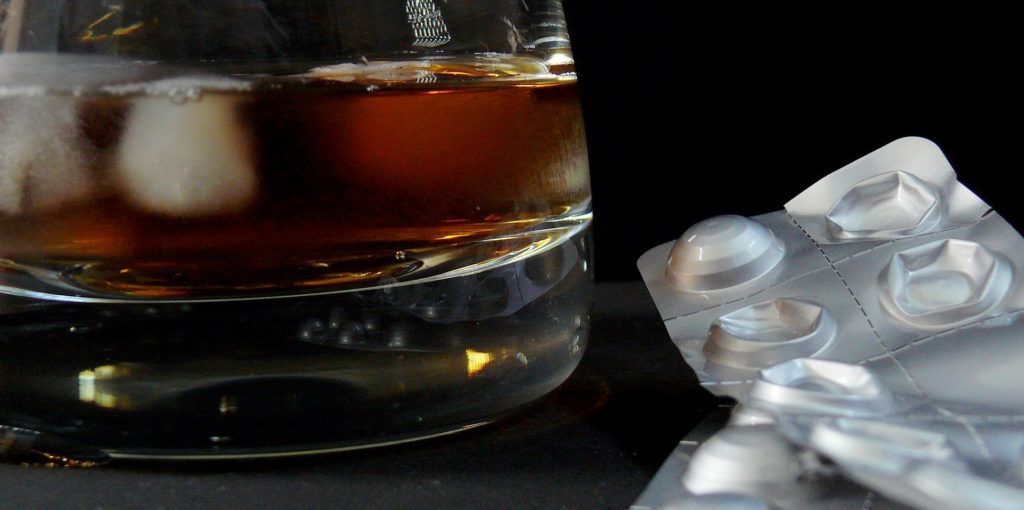
Substance Abuse and Mental Health
When someone first starts to use drugs, it is called substance abuse. We say someone is addicted to drugs when they have no control over whether they want to use the drug or not. That person feels that they HAVE to have that drug. Substance use disorders are a major cause of mental illness.
People who abuse alcohol or drugs are much more likely to develop mental illnesses than those who do not. Sadly, this leads to a vicious cycle in which each condition makes the other worse and it can be hard to understand cause and effect.
Alcohol is the most widely used social drug and its use affects different people in different ways:
- People with mental health issues are more likely to abuse alcohol than others.
- Alcohol increases the risk of depression and anxiety in some people.
- Alcohol use is linked to a higher rate of common conditions (like depression, social anxiety or general anxiety) as well as less common mental illnesses like bipolar disorder and schizophrenia.
- Alcohol is a major cause of violence and suicidal behavior.
- Alcohol can also reduce the effectiveness of medications such as antidepressants.
Drug and substance abuse is a psychological illness characterized by misuse of or dependence on drugs like cocaine, ice, ecstasy or hallucinogens.

Having a mental illness can make a person more likely to abuse drugs to lessen their symptoms and make them feel better in the short term. In other people, drug problems may trigger the first symptoms of mental illness. People with a mental illness experience drug problem at a far higher rate than the general community. It is estimated that around half of people with severe mental illnesses are affected by substance abuse.
Substance misuse is the harmful use of substances (like drugs and alcohol) for non-medical purposes. Often associated with the use of illicit drugs, legal substances can also be misused, such as alcohol, prescription or over-the-counter medication, caffeine, nicotine and volatile substances (like petrol, glue, paint).
The signs below might indicate addiction or substance abuse:
- regularly using more of the substance than intended
- regularly trying to cut down or stop using, but never succeeding
- spending too much time getting, using, or recovering from the substance
- cravings, or a strong desire to use the substance
- often failing to meet responsibilities at work, home or school because of substance use
- continuing to use a substance when it has caused relationship problems
- giving up social, work or leisure activities because of substance use
- using substances again and again, even when you’re aware of the potential damage or danger
- continuing to use, even when you know you have a physical or psychological problem that could have been caused or made worse by the substance
- tolerance: the substance does not have much effect on you, or you need more of the substance to get the effect you want.
- ‘withdrawal’ symptoms: feelings of physical illness when not using the substance that is only relieved by taking more of it.
